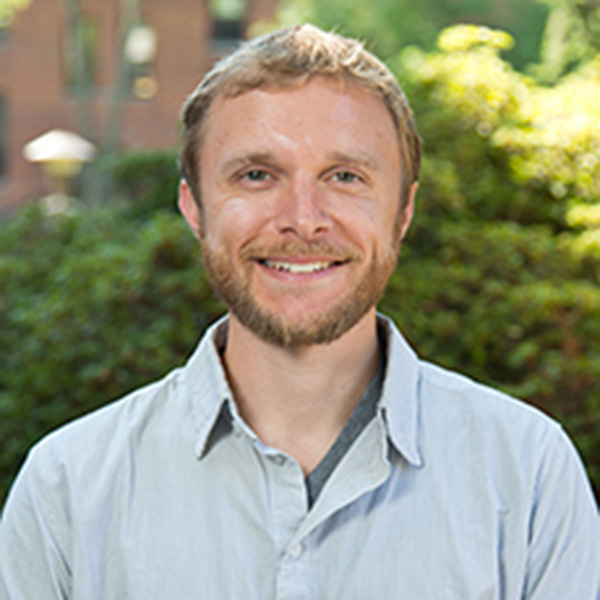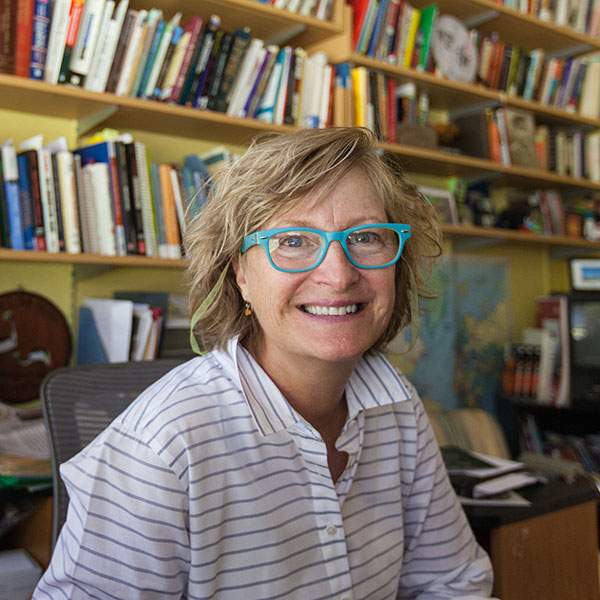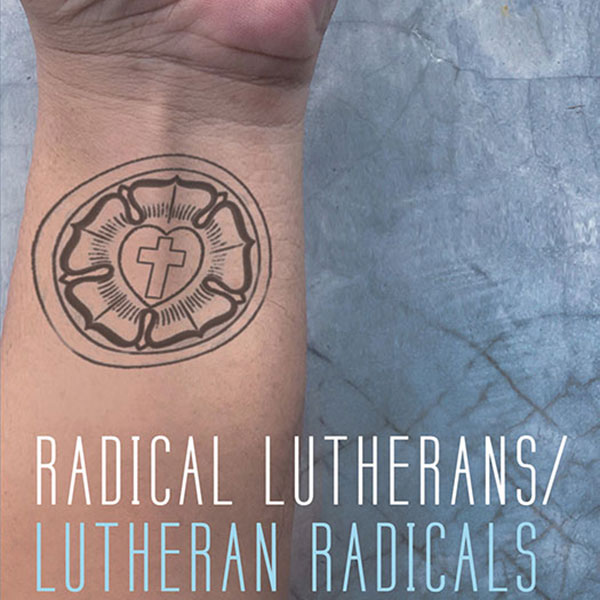Regular racquetball sessions were more than just cardio workouts for Jon Grahe and David Ward.
“It was our research meeting time,” said Ward, program director and associate professor of marriage and family therapy at Pacific Lutheran University.
He worked with Grahe, professor of psychology, on an interdisciplinary research project validating Ward’s previous research on a relationally focused measurement of hope. The findings were recently accepted for publication in The American Journal of Family Therapy.
Throughout the collaborative process of gathering data — with the help of two former PLU students who have since moved on to graduate school — and submitting the results for publication, Ward only met with Grahe in university offices twice. The rest of their meetings transpired on the racquetball court.
“Jon and I did most of our collaboration in between games,” Ward said.
Department of Psychology
We are committed to providing our students with a meaningful and rigorous undergraduate education that balances science with application.
Ward’s original research was published in 2010. He said one fundamental role of a therapist is to build hope, or a client’s belief and feeling that a goal is attainable. The key is moving the client from a place of despair to a place of hope through sustained therapy sessions, he said.
“If that doesn’t happen, often times the client won’t come back,” he said. “You’ve got to build hope or the therapy won’t work.”
Pre-existing research was limited regarding what Ward suspected was key in developing a desired level of hope in clients — the influence of relationships. So, he theorized that clients attained a greater sense of hope when they had relationships with people who reinforced their belief in themselves and their pathways to getting there.
“Our hope is tied to people around us,” he said. “That’s a big contributor.”
Enter Grahe and then-PLU students Katelin Johnson ’15 and Katye Griswold ’13, along with a handful of other psychology students. They volunteered in 2014 to move Ward’s Hope Scale from theoretical to tangible, providing the evidence to validate his research. Johnson and Griswold helped analyze data and write up sections of the manuscript.
“This project reflects an ideal example of how students in classes can help contribute to scientific discourse using their course-required activities to both learn and generate meaningful data and findings,” Grahe said. “Beyond their experiences as researchers and now published authors, this collaboration extended between multiple departments at PLU, showing students the importance of interdisciplinary conversation and collegiality.”
Griswold, now a graduate student at Penn State University studying industrial organizational psychology, was a junior when she joined the project and collected data using an online survey of her peers. It was part of statistics coursework for a class with Grahe.
“I like working with other researchers on one document,” she said. “It takes a lot of interpersonal skills.”
Griswold said the student-faculty research opportunity prepared her for the rigorous process of getting accepted to and surviving graduate school. She learned how to collect and analyze data, code survey responses, and edit and submit a manuscript.
“It changed the trajectory of my life,” Griswold said. “The fact that I got a research opportunity really was paramount to being a successful grad school applicant.”
Johnson, a graduate student at Arizona State University studying applied behavior analysis, also credits her success after PLU to the collaborative research opportunity. In addition to collecting, analyzing and graphically displaying the survey data, Johnson also helped with the paper submitted for publication.
“It was the single most impactful experience I had at PLU,” she said. “I have a lot of confidence now in my abilities, both academically and as a colleague.”
Johnson said research helps students apply what they learn in the classroom to everyday life. The online survey was part of a statistics course she took with Grahe her sophomore year. “You get a chance to see what that looks like in the real world,” she said.
Marriage and Family Therapy
Our mission is to train students to become systemically oriented, contextually sensitive MFT Professionals who address the diverse needs and clinical concerns of individuals, couples, families and communities.
Ward underscored how well student-faculty collaboration prepares students for the next step in higher education.
“That’s a huge learning experience you need if you’re going to pursue academia,” he said. “You feel like you’re a part of something important.”
More simply, the opportunities build connections — whether in the classroom or on the racquetball court — that are at the center of the university’s mission.
“PLU is a place about relationships,” Ward said.





